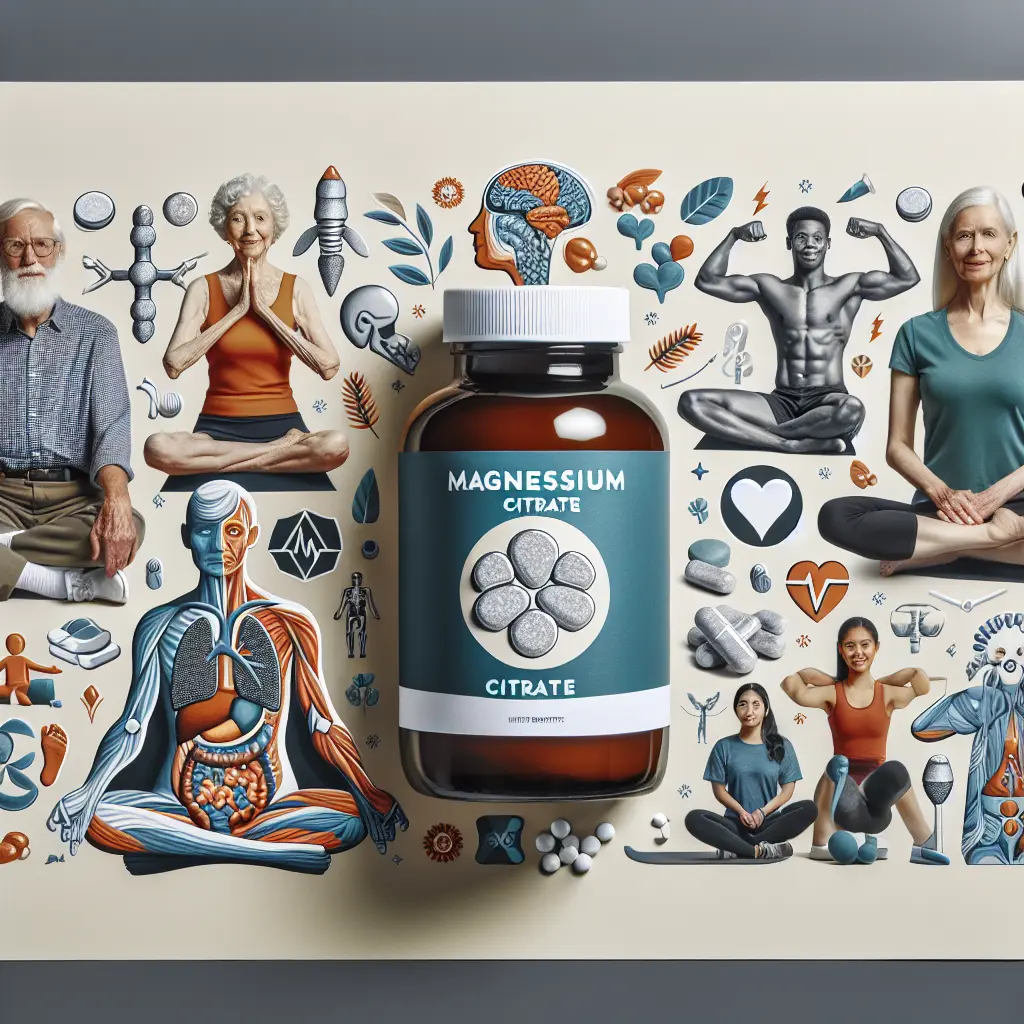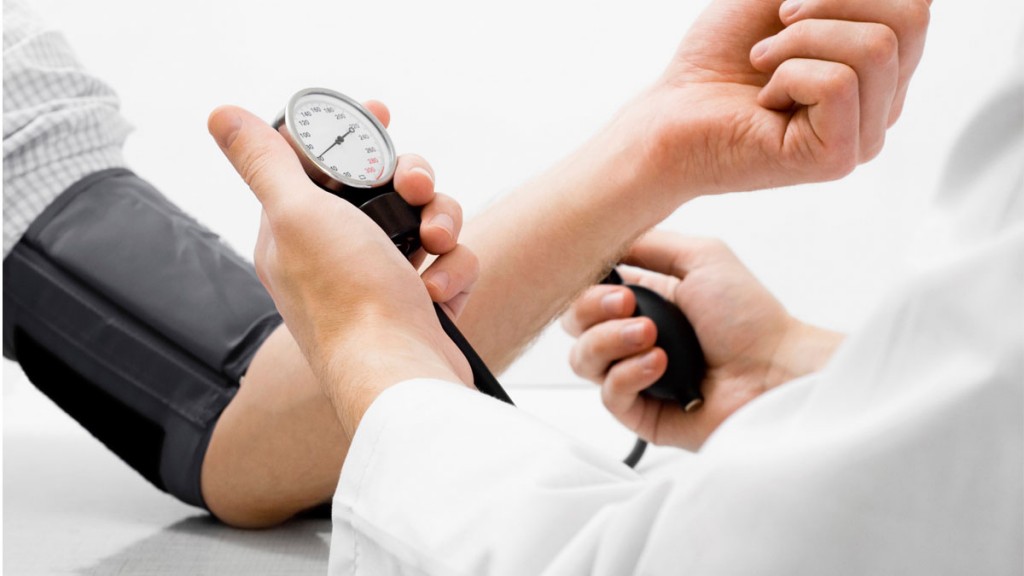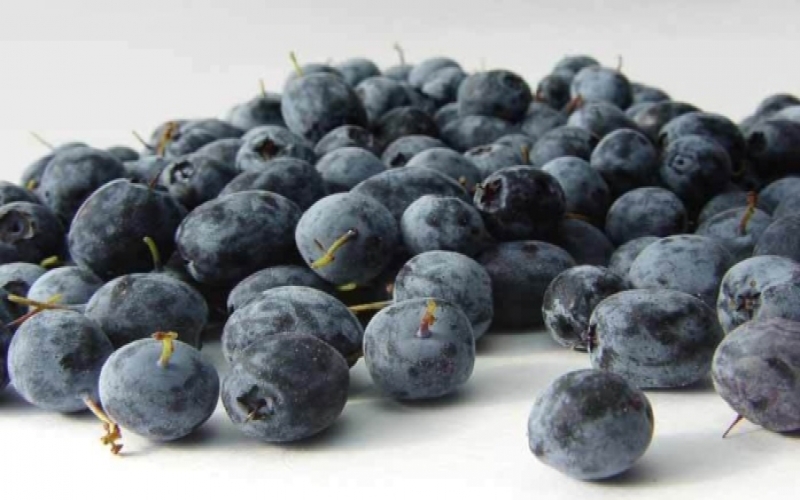7 myths about Irritable Bowel Syndrome even smart women trust in!
If you are wondering “What is IBS???” or seeking out to gain knowledge about IBS, this platform is a great place to begin with. Let us take you first to the “Intro to Irritable Bowel Syndrome (IBS) – the tummy troubles”. IBS is a gastrointestinal disorder where there is an inflammation or damage in the bowel wall, which may result in sores and thinning of the intestines. This condition distresses the lower GI regions, which involves the small intestine, large intestine, as well as colon. A patient with IBS may experience long-standing diarrhoea, constipation, and in some cases both. Apart from these, the major symptoms of IBS include abdominal pain and discomfort as well as bloating.
Here at HealthDiva, you’ll get to know some of the myths around the condition and offers the latest advice. For years, IBS patients have criticized to physicians regarding their gassy, bloated or constipated states.
Myth #1: IBS results from dairy and gluten intolerance.
Reality: Not true. It’s likely that individuals with IBS (typical signs including diarrhoea, constipation, flatulence, bloating and/or stomach pain) might experience intolerances to gluten (proteins found in barley, wheat, and rye) and/or lactose or milk-sugar in dairy products. But there are moreover a majority of people who experience these intolerances who don’t have IBS.
Myth #2: You just require consuming more healthily.
Reality: Recent guidelines recommend consumption of ten portions of fibre-rich fruit and vegetable per day and take on a Mediterranean style of eating, but this is not essentially the healthiest choice for IBS sufferers. Usually healthy foods can make the signs go aggravated. This is due to the reason that the sugars present in highly fermentable foods such as fruit, veggies as well as pulses fail to get absorbed well in the gut and get fermented by bacteria, generating distinguishing IBS signs like gas and probably diarrhoea and pain. It’s not that you must not consume fruits and vegetables, but you should know which ones are most expected to exacerbate your signs – which is why a low FODMAP (Fermentable Monosaccharides, Disaccharides, Oligosaccharides, and Polyols, a set of carbohydrates identified to worsen the signs) diet must be the first line of treatment for any person with IBS.
Myth #3: It’s all in your head.
Reality: Tell that to the IBS sufferers who have diarrhoea so rigorously they cannot leave the house or ought to plan their day around the adjoining toilets. The correlation between IBS and stress is bi-directional: IBS can result in stress rather than the other way around. IBS is a functional disorder, signifying that there are no evident symptoms of diseases including inflammation, but that definitely doesn’t interpret as the state being ‘in your head.’ This is not to say anxiety and stress are not factors (the more ways you can decrease and deal with stress levels in an improved way) and it can aggravate the condition, but considering it as a psychological condition, despite a physical one, does not land at the root cause of IBS.
Myth #4: Tummy bugs are terrible
Reality: There are billions of bacteria found in a healthy gut, and these generally have a favourable effect in facilitating protection against infection. When the good bacteria get disturbed (say after experiencing the conditions such as gastroenteritis, food poisoning or subsequent to a course of antibiotics), it may activate IBS signs in those who may have a principally sensitive gut or a genetic predisposition to IBS signs. Restoring the levels of good bacteria may include a blend of nutritional changes (consumption of fermented foods such as sauerkraut and prebiotic ones such as artichokes can be thought to be useful.) Some individuals find probiotic supplements can be a great help. Often positive results are seen with the probiotics use in IBS, and natural, unsweetened yogurt is often recommended as a dietary probiotic.
Myth #5: It can’t be treated.
Reality: It is generally found that there is no cure for IBS, and the array of existing drugs aims at managing the signs, counting with antispasmodics in order to lessen abdominal pain and cramping, laxatives to relieve constipation and anti-motility medications to alleviate diarrhoea. On the other hand, there is rising data that a large percentage of IBS patients build up the signs after a gut infection (including traveller’s diarrhoea) and that in a fraction of cases these ‘bad bugs’ fix around in the small bowel, resulting in intestinal bacterial overgrowth. Large-scale research studies have found that an antibiotic named Rifaximin could be helpful for some when consumed over a couple of weeks and in many can be a treatment for IBS signs. Unluckily, it’s not yet extensively available for use in IBS except for the private sectors, where outcomes have been very promising and positive.
Myth #6: White carbohydrates are bad for you.
Reality: The proposal that anybody must be consuming a greater amount of white carbs such as white bread, rice and pasta cuts across most existing dietary suggestions. But in a lot of patients with IBS, these are better tolerated and consuming them (within limits) seems to lower the symptoms. This is due to the reason that the more complex the carbohydrate (such as oligosaccharides present in pulses as well as beans) the more difficult it can get to digest. High fibre is a trouble in IBS as well. No one suggests you to have a diet mainly composed of bland white foods (there are ample of nourishing foods you can consume together with high quality basmati rice, blueberries or sourdough bread) but a number of IBS patients say white carbohydrates are just easier to stomach as compared to the brown ones.
Myth #7: Diet drinks are better for you…
Reality: Sweetened, carbonated drinks get bad push, but consumed within limits (one a day) could be better for your IBS in comparison to the intake of diet drinks. This is due to the fact that the sweeteners in diet drinks often consist of difficult-to-digest carbs, which can get fermented in the colon and result in a serious bloating. Dismiss the sugar-free sweets for the similar reason. An excess of fruit juice may also result in the similar troubles, so water must always be the drink of preference.
If you believe the low-calorie or calorie-free versions are healthier for you, you’d be mistaken in terms of IBS signs, but keep in mind to have: everything in moderation.




